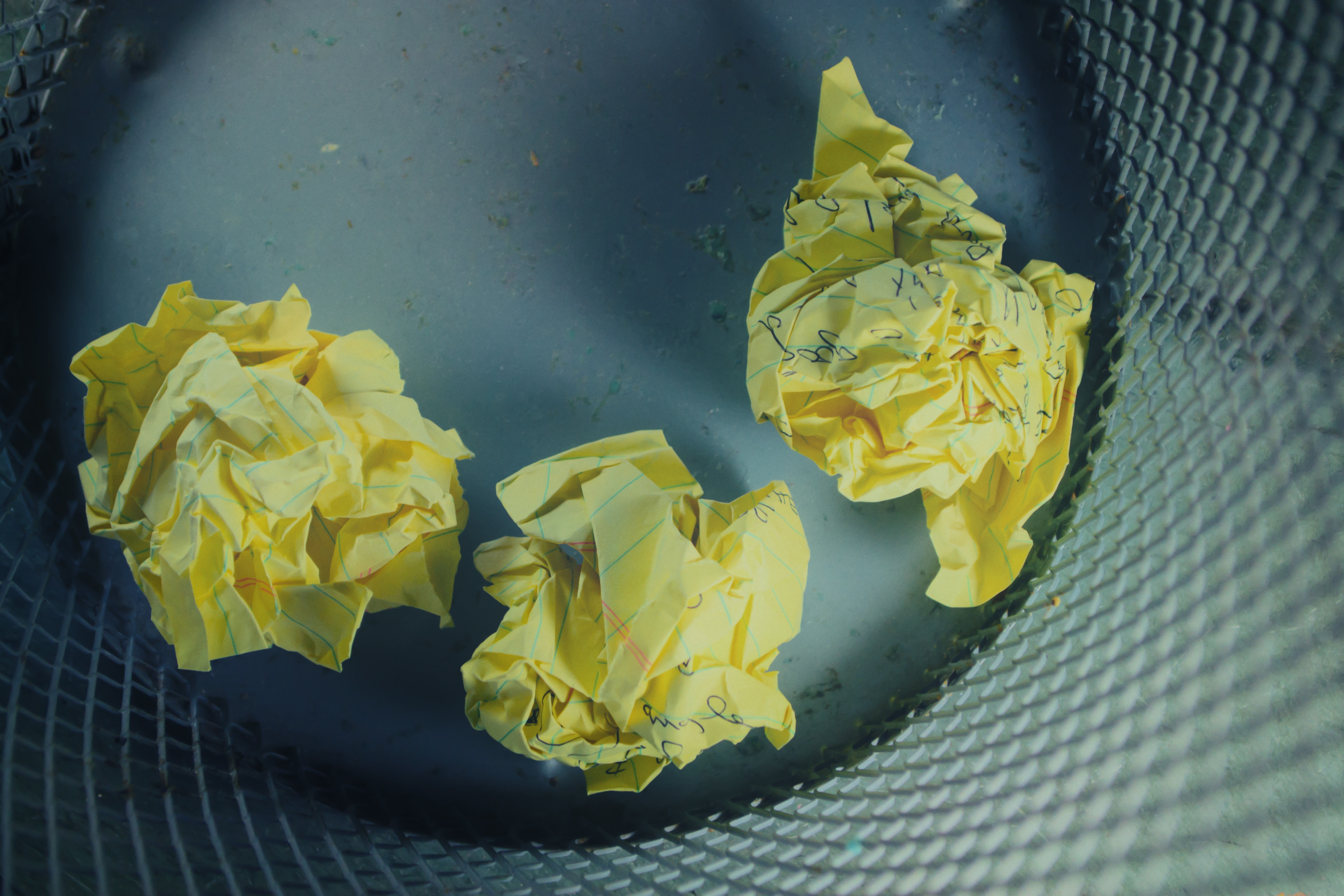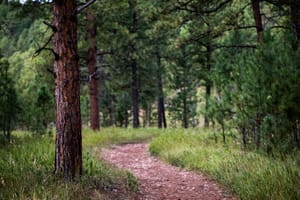The light of my phone glares at me as I go through my morning routine of checking emails on my phone from bed.
“Dear Mr. Tan,
Thank you for submitting your manuscript to XXXX. I regret to inform you that reviewers have advised against publishing your manuscript, and we must therefore reject it.
Please refer to the comments listed at the end of this letter for details of why I reached this decision.
We appreciate your submitting your manuscript to this journal and for giving us the opportunity to consider your work.
Kind regards”
Another rejection. I put my phone down, close my eyes, take a deep breath and sigh, sinking back into my bed, just breathing. It’s almost routine now to see these emails that bring with them a feeling of inadequacy, the anxiety of failure, and the struggle for validation.
Before heading off to grad school, I was a musician and an actor, and while I used to think my experience in entertainment would prepare me for rejection in science, it still hurts every time.
I think that exploring our vulnerability, something that initially seems contradictory to “objective science”, could actually be incredibly beneficial to STEM practitioners.
As an actor, my first role in a theatrical production at the University of Melbourne came about unexpectedly—I was asked to play the lead even though I’d signed up as a musician. The next few months were filled with long hours in studios, hard work in rehearsals, and steep learning curves (much like grad school!). In the end, the crew staged a show for two weeks that we were all proud of. The reviews however, were less than glowing, and the disappointment within the team was palpable; the fact that our work wasn’t fully accepted was enough to hurt.
My time in both worlds has shown me that there are many parallels that can be drawn between science and art, especially in dealing with rejection. As scientists, we spend years training, honing our skills, learning techniques, gathering data, all building up to a final product — a paper, which we then present to the world. Like an actor or performer, our work then gets critiqued by a small clique of elites: the editor, who judges its “interest” and “novelty”; the “peer” reviewers, who grade years of work in a few paragraphs.
Getting bad reviews is an inevitability in both the performing arts and science; scathing remarks on one’s work are not uncommon. And like performers, we scientists put ourselves into our work. When we submit a paper, we allow ourselves to be vulnerable. I think this is why it hurts so much when our manuscripts are shown the door—it’s not just a rejection of your science, it’s a rejection of your self.
Artist or scientist,&Why snbsp; if you care about your work, you will end up putting a lot of yourself into it. And yet, the paradox is that scientific works (unlike art) are expected to be almost cold and unemotional — unaffected by the bias of emotion. Does this really have to be the case, though? I think that exploring our vulnerability, something that initially seems contradictory to “objective science”, could actually be incredibly beneficial to STEM practitioners.
This unacknowledged vulnerability in science adds to the public view of science as inaccessible, and of scientists as almost un-human, devoid of emotion. This “relatability” problem spawns mistrust in scientists, and leads to a climate in which rejection of science is common: while 97% of climate researchers agree that the climate change is happening and that it is human-induced, only 47% of Americans believe that global warming is caused by human activity. Examples of similar disparities can be found on topics such as GMOs and vaccines.
Scientific objectivity does not demand that we lose our humanity in the process.
Could the constant prioritization of the scientific self (the rational being that strives for objectivity in the research) over the emotional self (the vulnerable self that is heavily invested in the outcome of the research) play a role in fomenting mental health issues among scientists? Research has shown that graduate students are 2.4 times more likely to develop a common psychiatric disorder compared to other highly educated individuals. In academic staff, about 37% of academics have mental health disorders, a level higher than other occupational groups.
Exploring our vulnerability could allow scientists to come to grips with the fact that while science requires an unemotional objectivity, it is conducted by emotional beings. I would even further argue that the scientific process should not be unemotional. Scientific objectivity does not demand that we lose our humanity in the process.
How do we start exploring vulnerability in science, then? One effort that has recently gained traction among educators is the incorporation of the arts in STEM education. What I have found useful though, is being honest about science and the scientific process, to myself, to fellow scientists, and to the public.
Science isn’t perfect, and scientists falter. A lot. We need to be honest about the fact that we are emotional creatures and that science is therefore a process that cannot be divorced from emotion. Doing this will start humanising scientists to the public. When the public understands that science isn’t perfect, and that science is carried out by emotional creatures just like them, with similar fears, ambitions, and vulnerabilities, a more trustworthy relationship can be built—one where instead of seeing scientists as an “other”, we are viewed as members of the same community, trying to reach the same goal: the betterment of our communities.
Shawn Z K Tan is a PhD student in Neuroscience at the University of Hong Kong. You can find him on Twitter at @kainapse
This article was excerpted and edited for ecrLife. Read the original post on Shawn’s Medium page.







